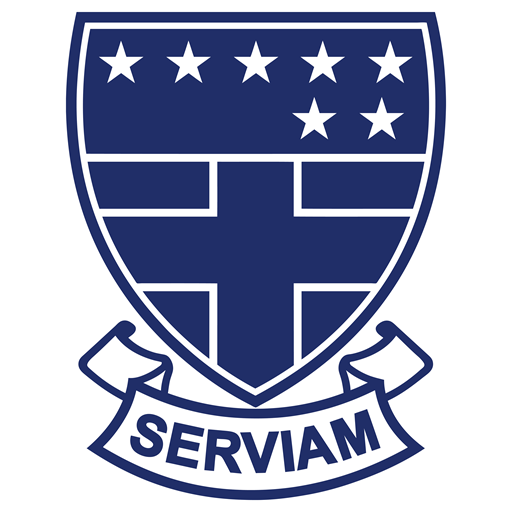Modern Foreign Languages

St Ursula’s School

MFL Curriculum Intent
“Learning a foreign language is a liberation from insularity and provides an opening to other cultures.” (The National Curriculum for Modern Foreign Languages)
The MFL department at St Ursula’s is passionate about the role languages play in providing a well-rounded curriculum. It is the breadth of the skills and knowledge acquired through the study of MFL that means the discipline continues to be such a vital component of a well-rounded education for our pupils.
The French and Spanish curriculum are both designed to bridge the gap between the language and cultures of these countries. We hope to encompass the diversity of the Francophone and Hispanic worlds, reflecting the truly global nature of these languages. For French, students are introduced to aspects of life, culture and society of various Francophone countries including Haiti, Monaco, Morocco and Senegal, whilst Spanish students become familiar with Spain, Mexico, Honduras and Costa Rica. Cross-curricular links are embedded throughout the disciplines at both key stages, including the exploration of the history and geography of countries as well as renowned French and Spanish-speaking artists. We therefore make a significant contribution to the whole-school commitment to develop students’ cultural capital and their curiosity about the world. The diversity embedded into our curriculum reflects our commitment to celebrating the diversity of our school community, and promotes respect towards opinions and views alternative to students’ own.
We create students who are both confident and enthusiastic speakers of their language of study, and also equipped with the skills required to live, study and work in an increasingly globalised world. We aspire to foster a love of language learning in our students, and therefore strive to provide students with real life opportunities to use the target language as a means of communication. MFL plays a key role in developing the oracy and literacy of our students. We actively support and strengthen pupils’ literacy skills by exploring nuances of language, explicitly comparing the structures and vocabulary of the target language with English and exploring the components of effective communication in both the written and spoken forms. In particular our SEN students benefit from the scaffolds and sentence builders in place that support them to structure their written and spoken work at sentence level.
Across both key stages, we endeavour to foster students’ metacognitive skills and understanding of language acquisition. Subsequently, St Ursula’s students will have the capacity to become lifelong learners of languages, whether that be continuing to achieve fluency in the language studied with us, or other languages they may choose to learn.
Key Stage 4
The KS4 curriculum is designed to interleave and revisit vocabulary and grammatical structures taught at KS3, but with a focus on encouraging students to use this language in an increasingly complex and sophisticated way. Students are introduced to a range of more nuanced vocabulary and complex grammatical structures, which they are encouraged to experiment with and manipulate, gaining more autonomy and independence as users of the language over the two years.
The course aims to increase students’ ability and ambition to communicate with native speakers in speech and writing and broaden their horizons and encourage them to step beyond familiar cultural boundaries and develop new ways of seeing the world. By the end of the GCSE, they will develop their ability to communicate confidently and coherently, express and develop thoughts and ideas spontaneously and fluently, listen to and understand clearly articulated, standard speech, deepen their knowledge about how language works and enrich their vocabulary in order for them to increase their independent use and understanding of extended language in a wide range of contexts, acquire new knowledge, skills and ways of thinking through understanding and responding to a rich range of authentic spoken and written material, developing awareness and understanding of the culture and identity of the countries and communities where the language is spoken.
Links to curriculum maps:
Special requirements
A small pocket sized French and Spanish dictionary should be purchased (from Amazon or any good bookstore)
Links to useful sites for KS4 students, parents and members of the public
www.aqa.org.uk (exam information and past papers)
www.quizlet.com (vocabulary learning)
www.memrise.com (learning vocabulary)
www.senecalearning.com (grammar and topic vocabulary learning)
www.languagesonline.org.uk (grammar learning and practise)
www.lyricstraining.com (listening practise)
www.1jour1actu.com (French listening practise)
www.linguascope.com (vocabulary learning)
www.linguee.com / www.wordreference.com (online dictionaries)
